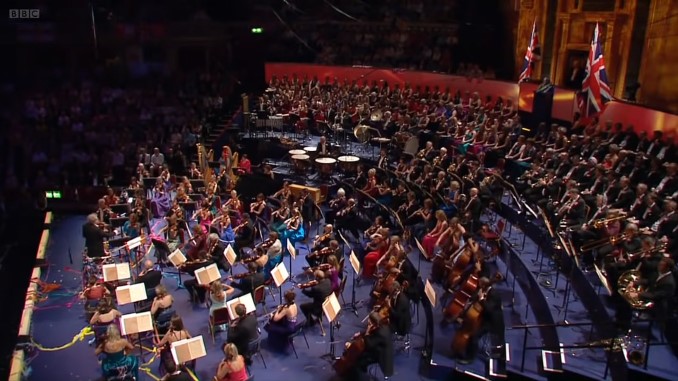The great Czech nationalist composer Antonín Leopold Dvořák (1841-1904) wrote his Carnival Overture as the second of three overtures that he conceived originally as an orchestral triptych about “Nature, Life, and Love.”
In this cycle, Dvořák, who saw himself as “a poet as well as a musician,” wished to paint musical pictures of three emotional impressions of the human soul—that of stillness and solitude in nature (titled In Nature’s Realm); that of the vitality, joy and dance of life (Carnival); and finally, that of a man in the grip of love and jealousy (titled Othello).
Dvořák came from a poor family, and it wasn’t until later in life that he gained international recognition. One of his champions was Austrian composer Johannes Brahms, who secured him a State stipend of the Austrian-Hapsburg empire for young musicians and helped him publish some of his works. This brought Dvořák to the attention of international publishers and orchestral houses, culminating, as we know, in an extended visit to America where he headed the National Conservatory of Music in New York for several years. It was in New York that his last symphony, From the New World, premiered in 1893 and where he also wrote his B minor Cello Concerto.
Dvořák’s triptych—the second part of which we are hearing today from the Last Night of the Proms in 2012 (and don’t you just love the colorful dresses of the orchestra musicians!)—premiered in Prague on the evening before his departure to New York, and it was on his first American program at Carnegie Hall.
Related:
Antonín Dvořák (Wikipedia)
Dvorak: Overtures (Stephen Johnson on BBC Radio: Discovering Music)
views: 36

